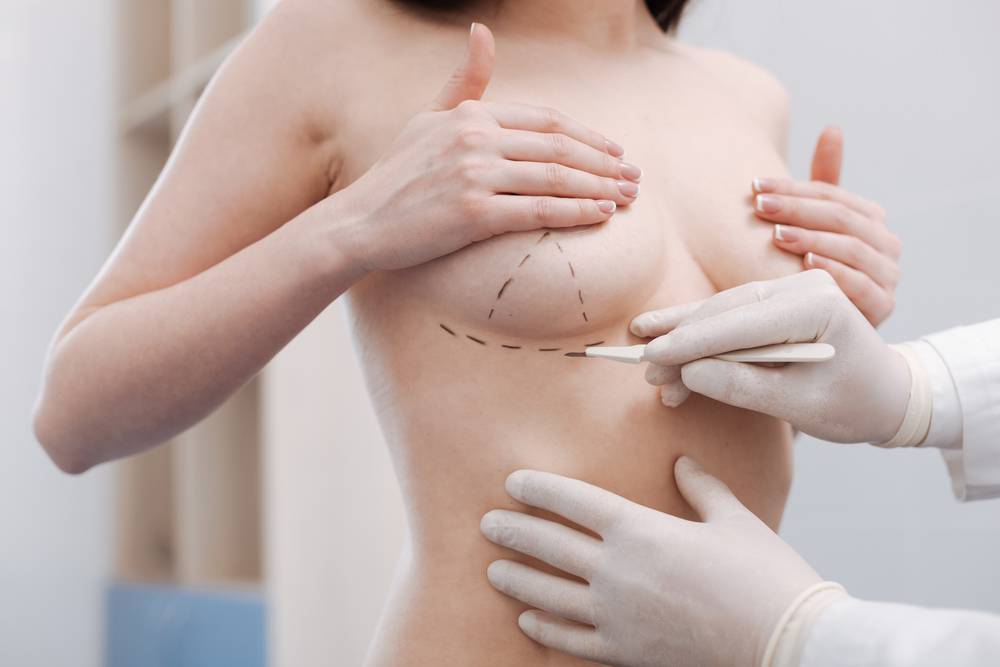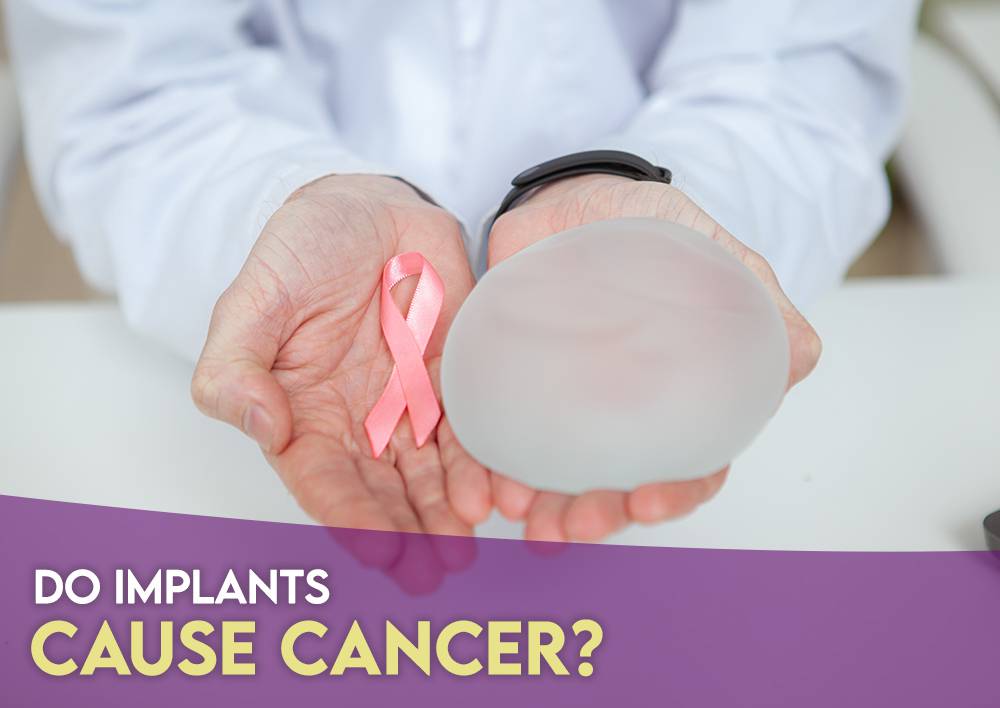Breast surgery in the Philippines has seen significant advancements and innovations, thanks to recent technological progress and the development of medical devices such as breast implants. A substantial portion of the population still holds concerns and reservations about the use of breast implants, particularly regarding their potential association with breast cancer. Many women in the Philippines express worries about the perceived link between breast implants and an increased risk of developing breast cancer and other serious complications. These concerns arise from the belief that breast implants might interfere with the natural functioning of breast tissue or introduce foreign substances into the body.
Despite the doubts and hesitations about breast surgery in the Philippines, many women are choosing it with the use of innovative breast implants that boost their self-esteem and achieve their ideal natural breast shape. Contrary to the concerns, breast implants are made of safe materials that do not cause cancer or trigger immune reactions.
Understanding Breast Cancer in the Philippines
According to the Philippine Statistics of Authority(PSA) and the Department of Health(DOH), it shows that 3 in every 100 Filipina women are diagnosed with breast cancer in their lifetime. Breast cancer is the most common cancer affecting women in the Philippines, and many factors can affect its risk and complications.
Some factors are uncontrollable, such as age, gender, family history, genetics, race, and previous breast conditions. Other factors are related to lifestyle choices, such as weight, pregnancy, breastfeeding, hormones, alcohol, breast density, exercise, smoking, and diet. These factors can influence the exposure to hormones or toxins that can cause cancer.
Can breast implants cause breast cancer and other unwanted complications?

Breast implants do not cause or raise the chances of breast cancer. However, some have been linked to a rare type of non-Hodgkin lymphoma called breast implant-associated anaplastic large cell lymphoma (BIA-ALCL). This cancer affects the lymph nodes and is not related to breast cancer. Most cases of BIA-ALCL have occurred in women with textured-surface breast implants. Women with breast implants should follow the national guidelines for screening mammograms.
BIA-ALCL typically appears years after implant placement, causing symptoms like swelling, pain, lumps, or skin changes. Diagnosis involves testing fluid and tissue around the implant. Treatment involves removing the implant and capsule, and in some cases, chemotherapy or radiation therapy. If you have no symptoms, the FDA doesn’t recommend removing implants. Stay vigilant, know the signs, and report any changes to your healthcare provider. Women with breast implants should follow the national guidelines for screening mammograms.
How does breast surgery help women who have survived breast cancer?
More than causing harm, breast surgery helps women who have survived breast cancer.
One of their options is breast reconstruction, which is a surgery that restores breast size by placing implants under the chest muscle or breast tissue. It helps women who have lost their breast tissue due to mastectomy or lumpectomy, or who have asymmetrical or small breasts. Breast reconstruction also enhances the shape and contour of the breasts, creating a more feminine and attractive look.

If you’re still worried about possible complications, choosing the right implants can aid your worries. However, not all implants are the same. There are different types, shapes, sizes, and textures of implants that can affect the outcome and safety of the surgery.
One of the advanced breast implants in the market is Motiva Implants®, which is available in the Philippines.
Motiva Implants® are known for their safety and reliability. They have less than 1% risk of complications such as capsular contracture, implant rupture, infection, and inflammation. It’s all thanks to its SmoothSilk®/SilkSurface® shell that reduces friction, bacteria adhesion, and inflammation.
As for BIA-ALCL, a recent study published in 2021 compared the risk profiles of smooth and textured breast implants for said conditions. The study found that Motiva Implants®, which have a smooth surface with micro-textures, had a zero incidence rate of BIA-ALCL among 150,000 implants sold worldwide. The authors suggested that Motiva® may have a lower risk of BIA-ALCL than other textured implants due to their unique design and manufacturing process.
In conclusion, implants are an important factor to consider when undergoing breast surgery. Implants can affect the aesthetic outcome, the recovery process, and the long-term health of the patient. Therefore, it is essential to choose implants that are safe, reliable, and suitable for the patient’s needs and preferences. Educate yourself about breast implant risks and benefits for informed decision-making.
We hope this article has given you some useful information and insights on breast implants and breast surgery. If you are interested in learning more about Motiva Implants® or finding a surgeon near you, please visit our website. You can also follow us on Facebook, Instagram, Youtube, and Tiktok for more updates and tips on breast health and beauty. And don’t forget to share this article with your friends and family who might benefit from it. Stay tuned for more articles!





